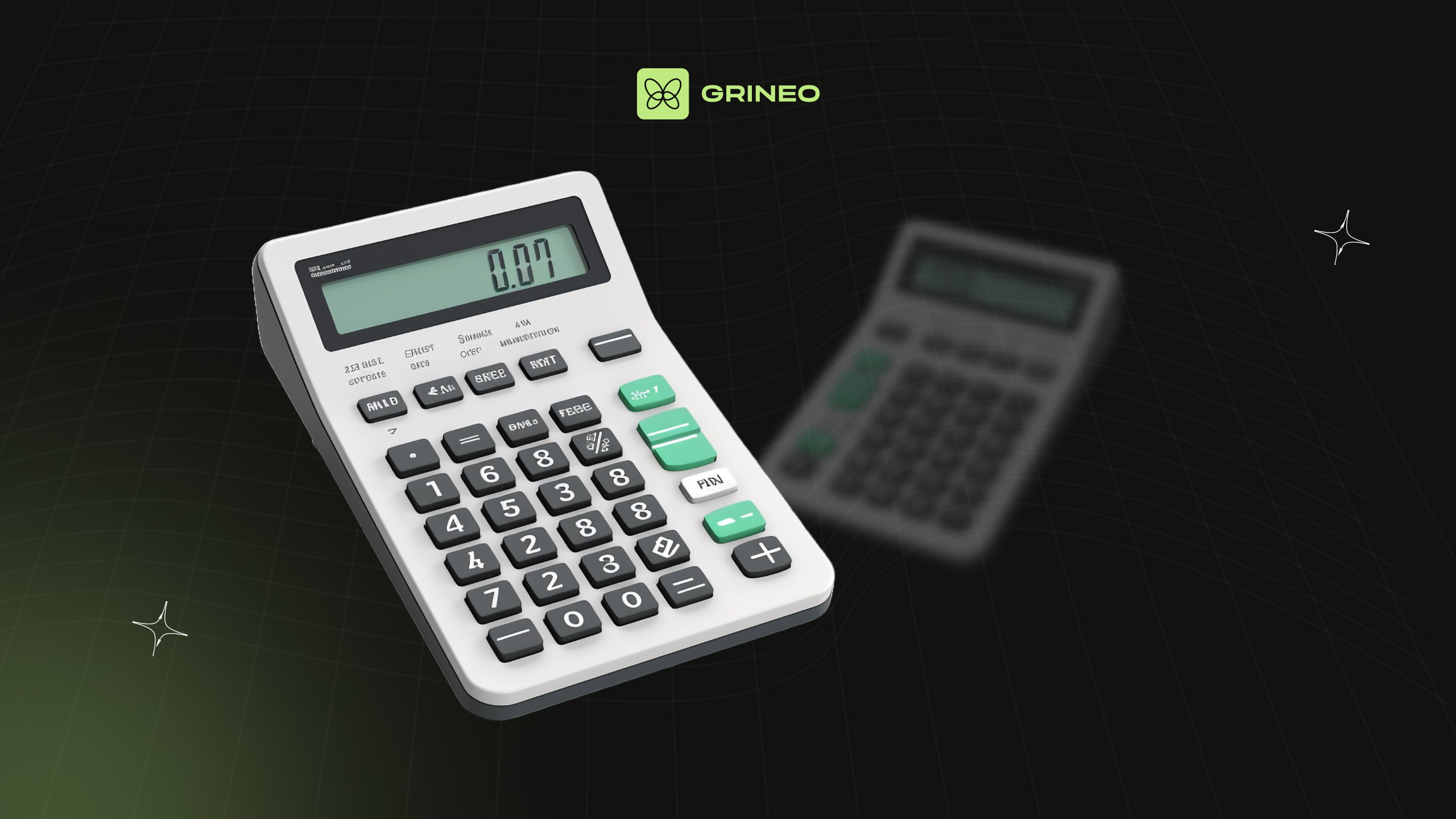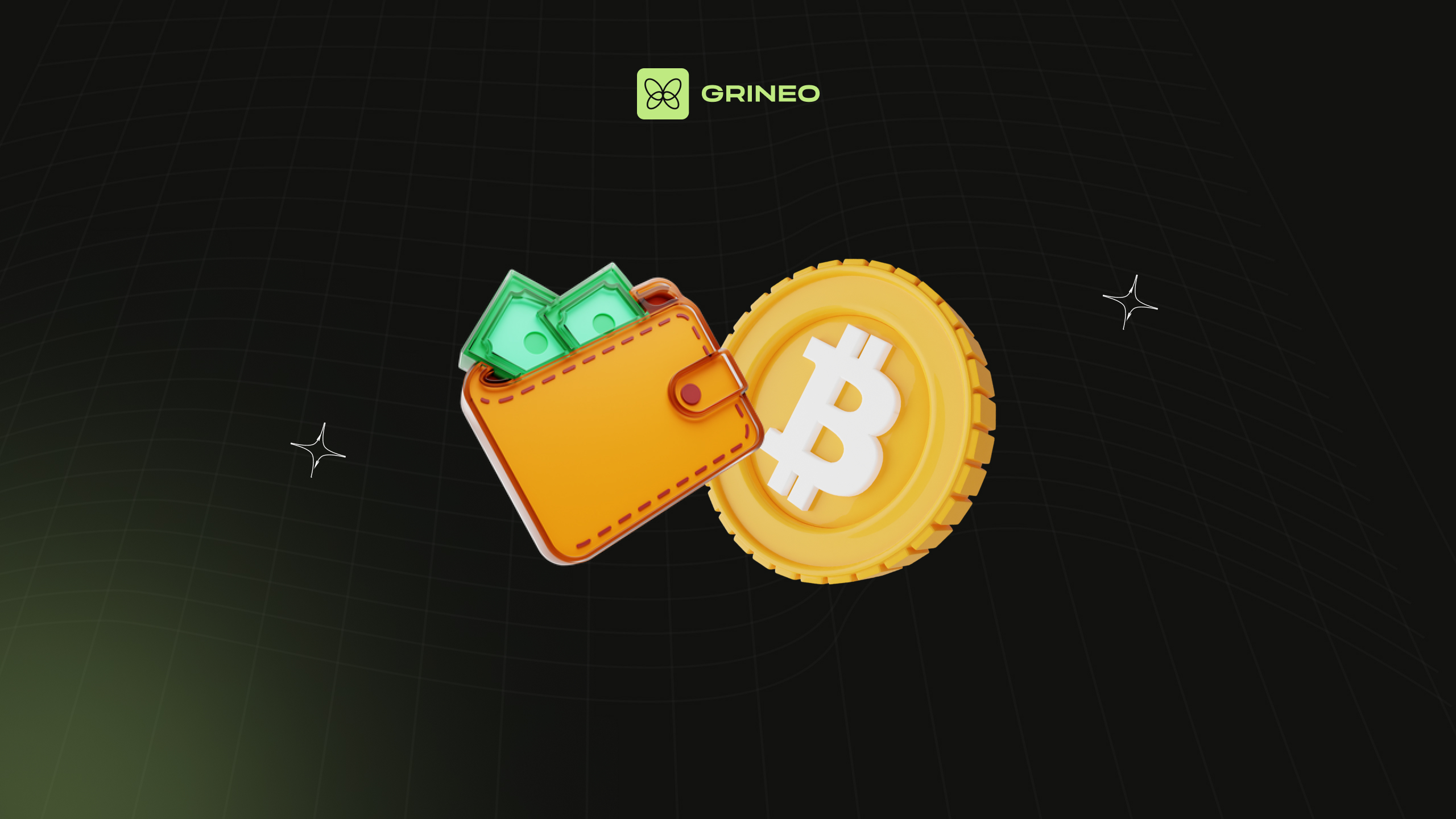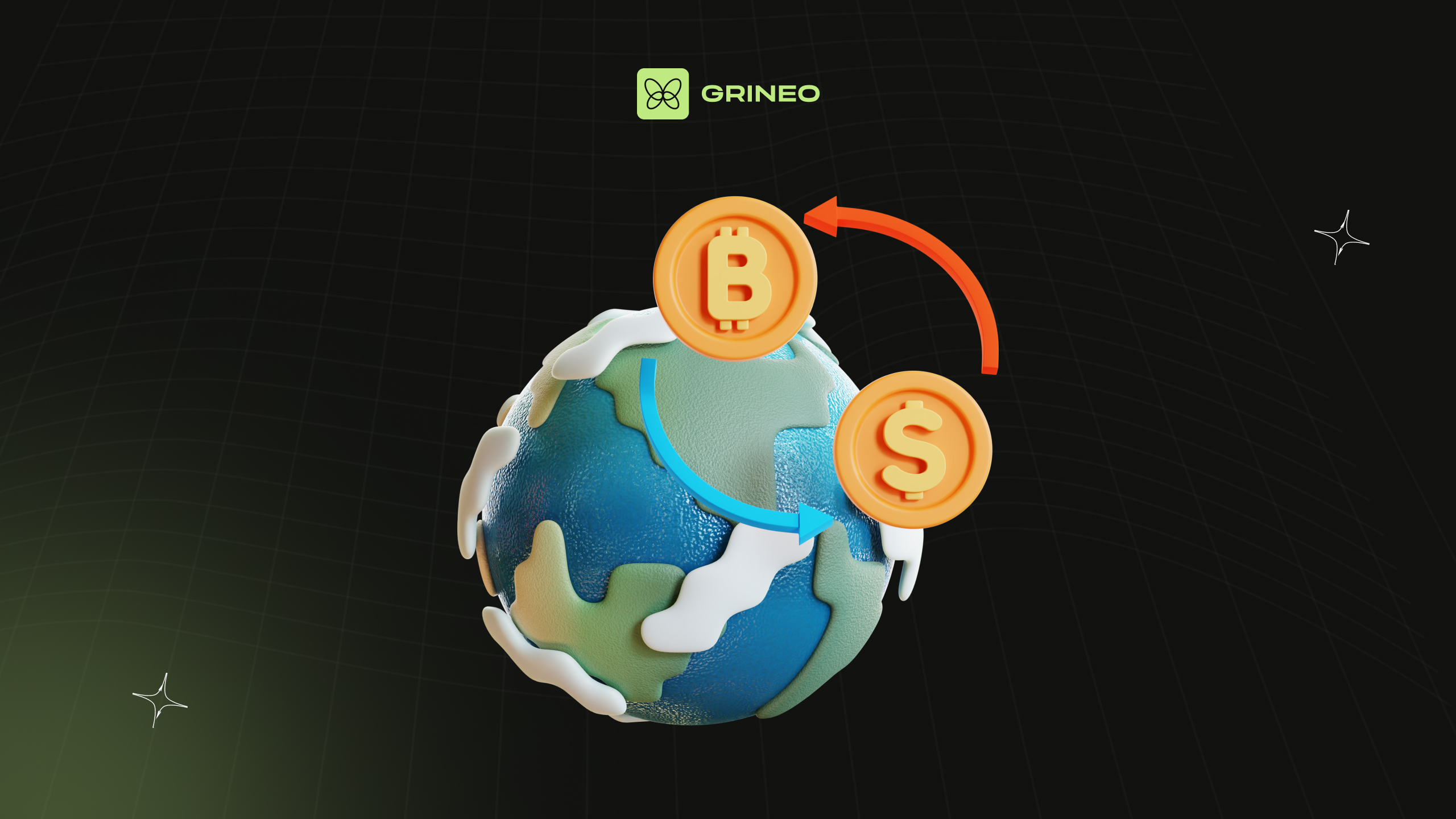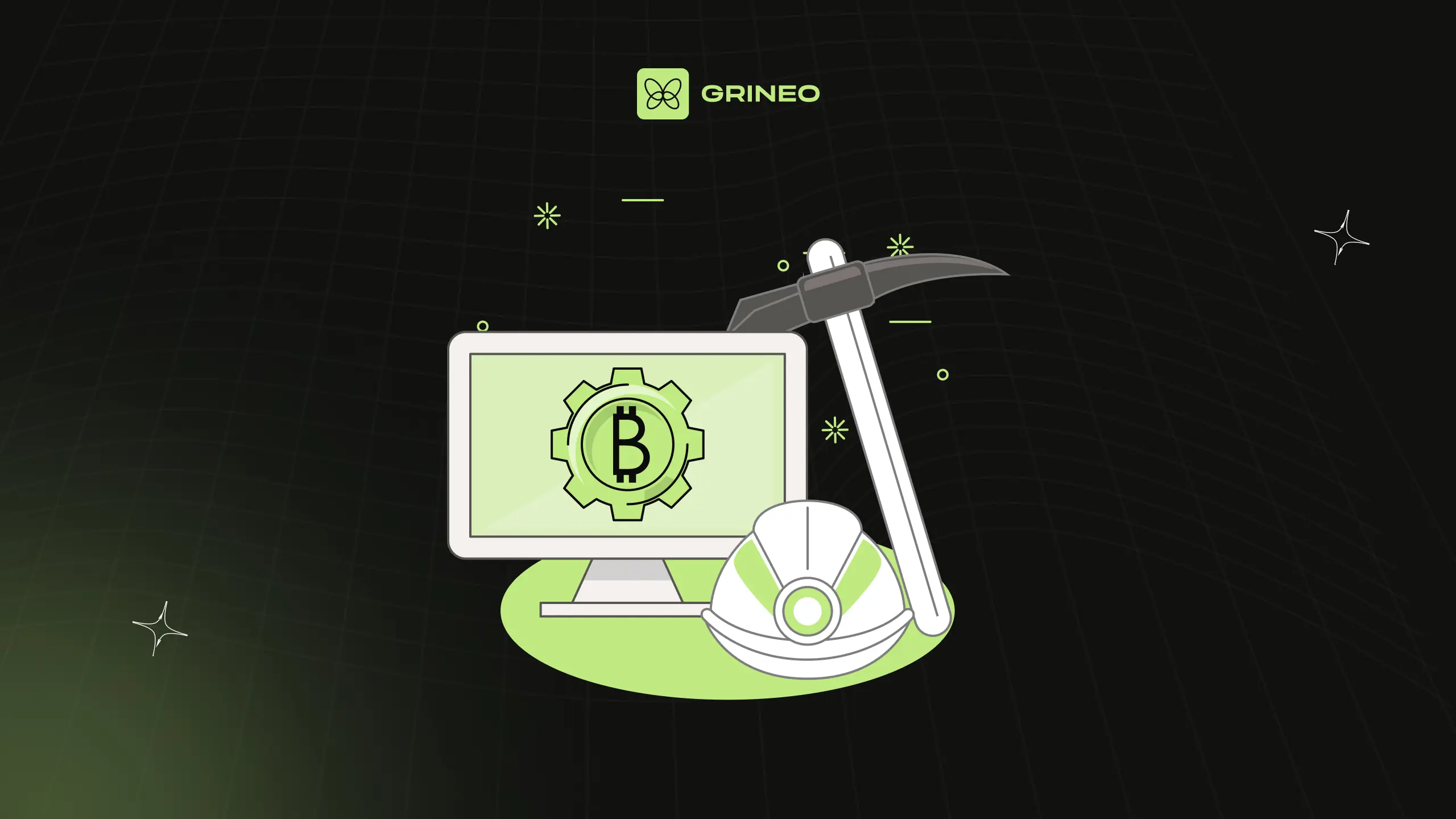What’s a DEX Aggregator?

The finance world has seen massive changes in recent years, due in no small part to the growing popularity of cryptocurrency and blockchain technology. While Bitcoin tends to dominate headlines as well as prices in the crypto space, the decentralized finance architecture being built on Ethereum and other blockchains is rapidly catching up.
Decentralized finance allows for less human oversight and interference in corruptible systems like finance, with pre-programmed smart contracts transparently handling financial operations instead. This article will focus specifically on DEX aggregators and how they can be used to step into the world of DeFi.
Contents
- What is a DEX Aggregator?
- How Do DEX Aggregators Work?
- Benefits of Using DEX Aggregators
- Top DEX Aggregators in 2024
- Future Trends and Developments for DEX Aggregators
- How to Cash Out of DeFi
What is a DEX Aggregator?
A DEX aggregator is a platform that sources liquidity from various DEXs, enabling users to execute trades at the best possible prices. Unlike traditional DEXs, which are limited to the liquidity available within their own system, aggregators tap into multiple sources, providing a more comprehensive view of the market. This not only offers users better trading opportunities but also ensures more efficient price discovery.
DEX aggregators typically feature advanced algorithms that analyze prices across different platforms in real-time. They route orders in a way that optimizes the trade outcome, considering factors like price, liquidity, and gas fees. This functionality distinguishes them as powerful tools for traders looking to maximize their returns in the decentralized market.
How Do DEX Aggregators Work?
DEX aggregators are rather complex, so let’s see a clear breakdown of what’s going on behind the scenes.
-
Liquidity Aggregation: DEX aggregators pool liquidity from various decentralized exchanges, offering users access to a larger volume of assets. This aggregation helps in reducing slippage—the difference between the expected price of a trade and the actual price—making it easier to execute large trades without significantly affecting the market.
-
Order Routing and Splitting: To ensure users get the best prices, DEX aggregators often split orders across multiple platforms. This means a single trade might be executed across different DEXs to take advantage of better rates or deeper liquidity pools, thereby optimizing the overall trade execution.
-
Gas Fee Optimization: In the Ethereum network, where gas fees can be significant, DEX aggregators play a crucial role in minimizing these costs. They do so by selecting routes that not only offer the best prices but also lower gas fees, providing a more cost-effective trading experience.
Benefits of Using DEX Aggregators
OK, we know how they work, but what are DEX aggregators good for?
-
Access to Greater Liquidity: By connecting to multiple DEXs, aggregators provide access to a larger pool of liquidity. This is particularly beneficial for traders looking to execute large orders, as it reduces the likelihood of slippage and ensures better market prices.
-
Improved Price Discovery: DEX aggregators facilitate better price discovery by consolidating data from various exchanges. This comprehensive view of the market helps traders make informed decisions, as they can easily compare prices and choose the best options.
-
User-Friendly Interface: Aggregators streamline the trading process by offering a single interface that aggregates multiple DEXs. This simplifies the user experience, making it easier for both novice and experienced traders to navigate the complex crypto market.
-
Cost Efficiency: Through features like gas fee optimization and order splitting, DEX aggregators can significantly reduce the costs associated with trading. This efficiency is crucial for maintaining profitability, especially in volatile markets.
Challenges and Limitations of DEX Aggregators
-
Technical Complexity: Integrating multiple DEX protocols and ensuring seamless operation can be technically challenging. Issues such as network congestion, smart contract vulnerabilities, and interoperability concerns are some of the complexities that aggregators must navigate.
-
Security Concerns: While DEX aggregators offer numerous advantages, they also present potential security risks. The use of smart contracts introduces vulnerabilities that can be exploited if not properly secured. Moreover, as these platforms often control significant volumes of assets, they can become attractive targets for malicious actors.
-
Regulatory Landscape: The regulatory environment for cryptocurrencies and DeFi is still evolving. DEX aggregators, operating at the intersection of multiple exchanges and protocols, face uncertainties regarding compliance and regulatory oversight. This evolving landscape could impact their operation and growth.
Top DEX Aggregators in 2024
Some of the leading DEX aggregators in the market include:
-
1inch: Known for its comprehensive liquidity aggregation and advanced algorithmic trading features, 1inch offers competitive prices and gas fee optimization.
-
Paraswap: Paraswap provides fast and efficient trades by sourcing liquidity from a wide range of platforms, including both DEXs and centralized exchanges.
-
Matcha: Developed by the 0x Protocol, Matcha focuses on simplicity and ease of use, making it a popular choice for both beginners and experienced traders.
Each of these platforms offers unique features and advantages, catering to different trading needs and preferences.
Future Trends and Developments for DEX Aggregators
The future of DEX aggregators looks promising as they continue to innovate and integrate with the broader DeFi ecosystem. Advances in algorithms, smart contract security, and user interface design will likely enhance the functionality and appeal of DEX aggregators.
Beyond that, DEX aggregators are increasingly integrating with other DeFi services, such as lending platforms, yield farming, and liquidity mining, providing users with a more comprehensive financial ecosystem. The more this technology develops, the more we can expect it to grow in popularity worldwide.
This growth trend will likely drive further improvements in technology and services by increasing the level of funding and support available for the industry, making decentralized trading more accessible and efficient.
How to Cash Out of DeFi
DEX aggregators are playing a crucial role in the evolution of decentralized trading, offering traders better prices, improved liquidity, and a more streamlined trading experience. If you’ve made profits in DeFi, or you’re simply looking to cash out for the time being, you can use the Grineo Card to instantly spend or withdraw stablecoins as cash worldwide at a 1% flat rate.
Grineo is available to residents of Australia over the age of 18.









